The political science and religion double major is a human resources intern at Facing History and Ourselves.
-
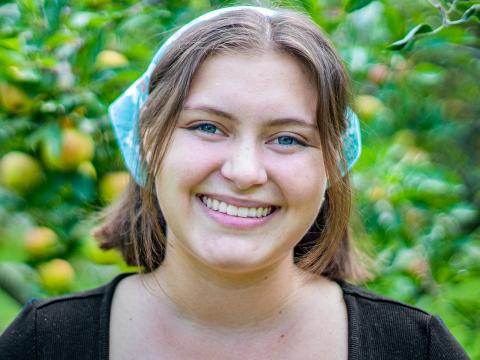
-
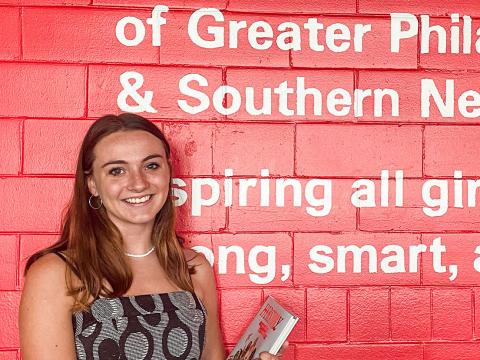
The anthropology major is teaching reading and writing as a Girls Inc. Early Grade Literacy Program facilitator this summer.
-
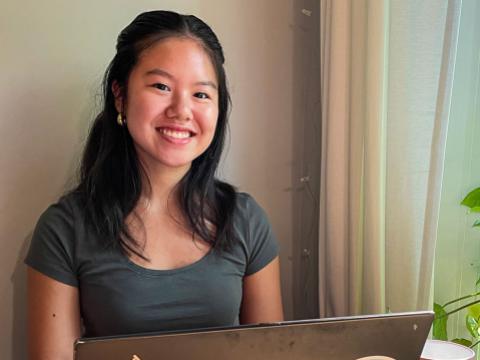
The anthropology major is working with the Abolitionist Law Center as a CPGC Philadelphia Justice and Equity fellow this year.
-
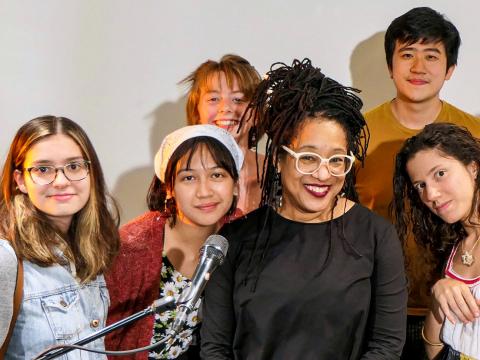
Bilge Nur Yilmaz ‘21, Liz Burke BMC ‘23, Sofia Mondragon BMC ‘22, Alexandra Iglesia ‘21, and Alice Hu '21 spent the summer documenting the work of performance artists from across the country as part of the Summer Doculab Program.
-
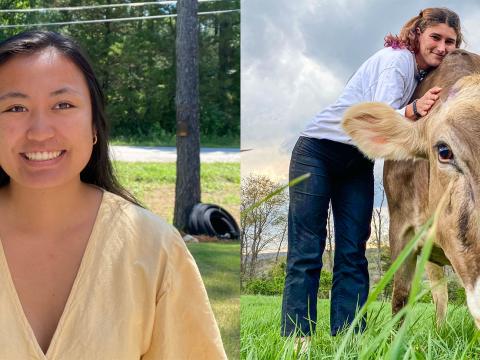
The Center for Peace and Global Citizenship is sponsoring the psychology and environmental studies majors internships at Food Moxie this summer.
-
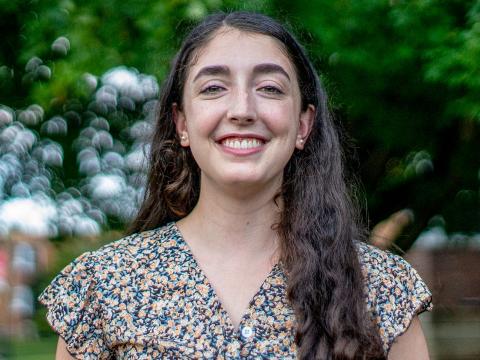
The sociology major interned with College Together, a nonprofit that works to make college more accessible to Philadelphia students.
-

Ellie Keating ‘23, Diana Varenik ‘22, and Fabiola Martinez BMC ‘23 are interning at Mexico City’s Casa Refugiados to raise awareness on the struggles of migrants seeking asylum in the United States.
-
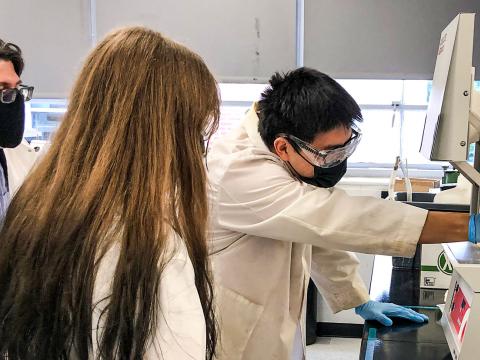
This summer, the biology major is studying light emission and creating environmentally friendly lightbulbs with a former Haverford professor at Thomas Jefferson University.
-
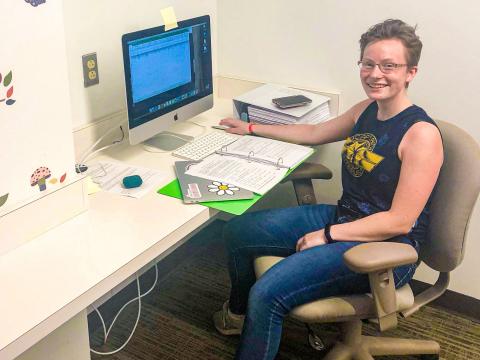
The psychology major is a research assistant in Assistant Professor Ryan Lei’s Intersectionality in the Social Mind Lab this summer.
-
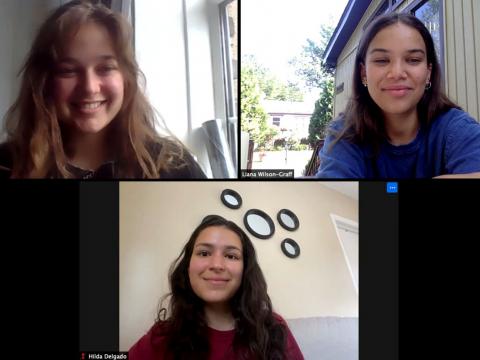
Sophie Schleifer ‘22, Liana Wilson-Graff ‘23, and Hilda Delgado ‘22 make video production accessible to non-film-school students with SLOP, their new online programming platform.
-
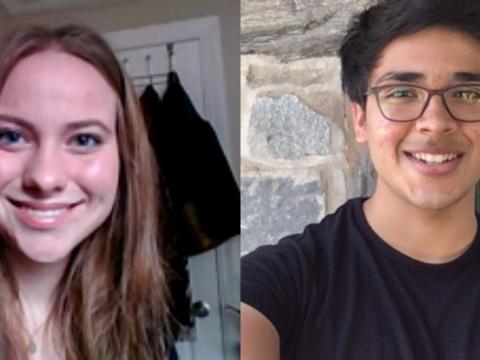
Rising sophomores Hassaan Rao and Annais Gangolf are analyzing the social and environmental impact of different companies and organizations this summer as a part of Haverford’s Microfinance and Impact Investing Initiative.
-
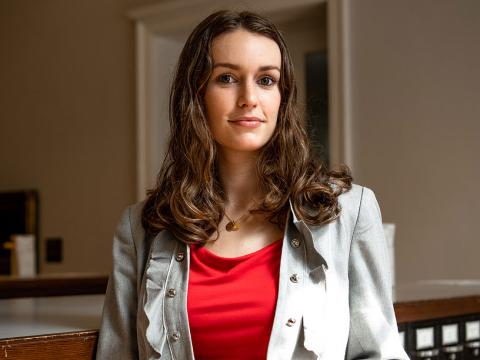
Becca Matson ’22 is working with digital and physical archives this summer as a summer programs assistant at the Historical Society of Pennsylvania.
-
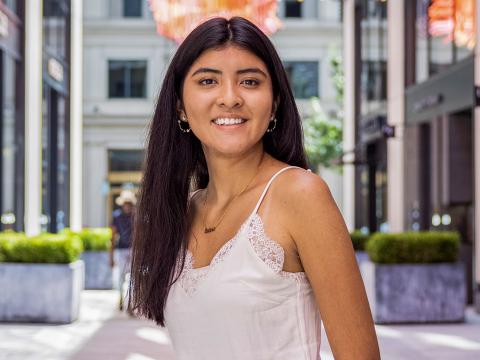
The prospective history major, sociology minor, and Latin American and Iberian studies concentrator is an education intern thanks to support from the Center for Peace and Global Citizenship.
-
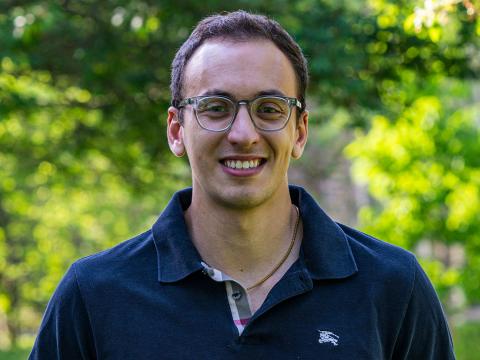
The history major is a group sales intern at the Penn Museum this summer.
-
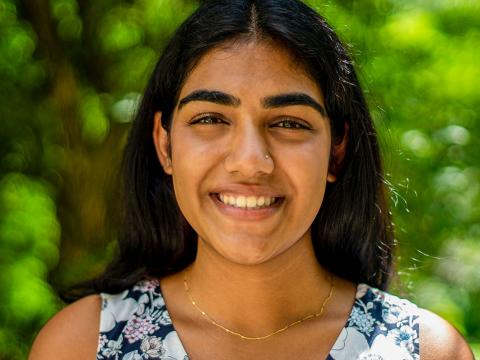
In her work as the library’s “Documenting Student Life” intern this summer, the history major is chronicling campus strikes by collecting oral histories from students and alumni.